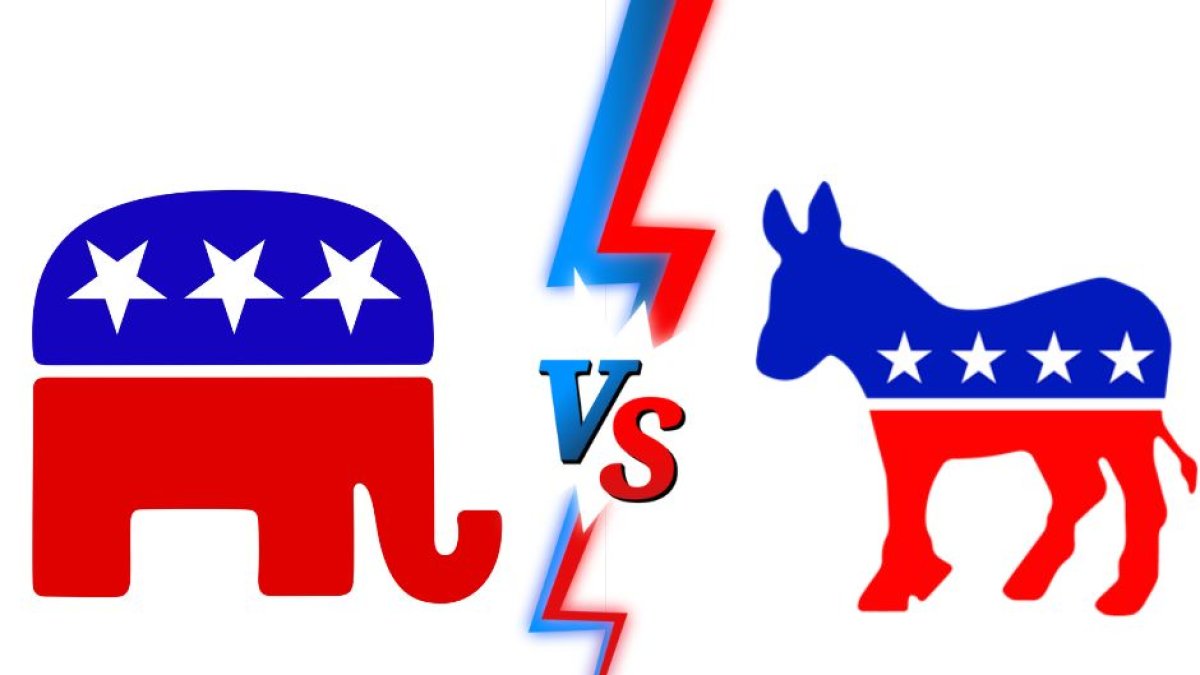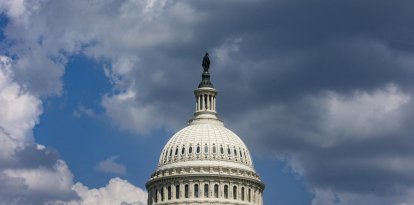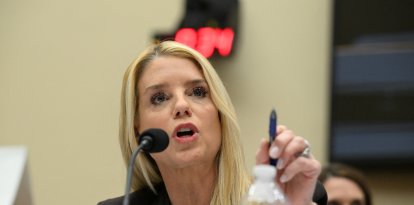Tight Gallup poll finds citizens identify more with Republicans
Forty-five percent of respondents said they were more aligned to the GOP versus 44 percent who said they identify as Democrat.

Archivo / Wikimedia
The nation's political party preference was almost evenly split in 2022. According to a survey conducted by Gallup, 45% of U.S. adults identify as Republicans, either by voting for the party or by identifying themselves as independents who lean more toward the GOP while 44% of respondents defined themselves as Democrats or claim to be more aligned with the party led by Joe Biden.
It had been 11 years since the last time there was such a narrow margin. The last time was in 2011 and, even then, Democrats has a three percent lead. In addition, the survey reveals another interesting fact. For the second time since Gallup began conducting this poll, Republicans have an advantage over Democrats. Generally speaking, it was more frequent for the Democrats to obtain the majority.
These results were obtained by Gallup after combining data from telephone surveys it conducted in 2022, which the company says are the result of more than 10,000 interviews with adults nationwide. In it, the company explains, they ask respondents whether they identify themselves politically as Republicans, Democrats or Independents. Those who answer the third option are asked a follow-up question about whether they "lean more toward the Democratic Party or the Republican Party."
GOP gets best results in three decades
Despite the fact that the results in the midterms were not as good as expected, the poll shows that, with this virtual tie, the Republican Party obtained some of its best results in the last three decades. As Gallup recalls, only once, in 1991, did it achieve similar results. It was when former President George H.W. Bush led the Persian Gulf War. In that poll, the company said 48% of respondents identified themselves as Republican or Republican-leaning while 44% said they felt more aligned with Democrats.
This milestone was also close to being met in 2002, 2003 and 2011. Those years, says Forbes magazine, there was a 45% tie among respondents who favored the GOP. The same percentage of people said they identified as Democrat.
However, this year the win goes to the Republicans. Gallup believes that the progressive rise of the Republican Party against the Democrats is due to Americans' "dissatisfaction with the state of the nation" over the past year, when Democrats controlled both the Senate and the House, in addition to having Joe Biden in the White House.
Gallup identifies upward trend among independent voters
The triumph of the Republicans, however, does not mean that citizens have a predilection, primarily, for one political party. In fact, the Gallup poll shows that the vast majority of respondents, 41%, still consider themselves to be independents, compared to the rest who acknowledge that they support a political party, either Republican (28%) or Democrat (28%).
This percentage, Forbes recalls, is similar to that of 2021, when 42% said they were independents, while 29% identified as Democrats and another 27% said they supported the Republicans.
These figures are a far cry from those recorded by the Gallup company when, in 1988, it began to conduct its interviews exclusively by telephone. That year, according to Gallup, the percentages were fairly even between those who identified as Republicans, those who defined themselves as Democrats and those who considered themselves independents.
However, as early as the 1990s, independents began to show an upward trend compared to those who identified with either party. This advantage seemed to shrink in the early 2000s but in 2009, it grew again. Since then, many more Americans identify themselves as independents and fewer and fewer claim to vote for a party, either Democrat or Republican.

























